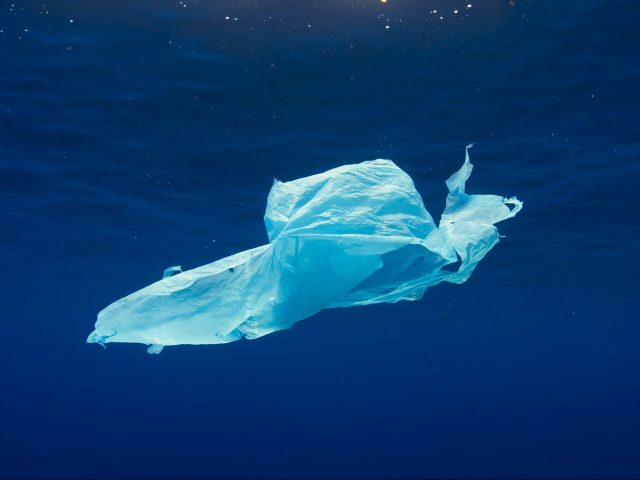
WWF says the COP27 climate summit has made a welcome step towards a loss and damage fund, but by failing to agree to more ambitious action on emissions reductions, the goal of limiting global warming to 1.5°C is slipping away with disastrous consequences for the world.
WWF global climate and energy lead, and COP20 president Manuel Pulgar-Vidal said, “The loss and damage deal agreed is a positive step, but it risks becoming a ‘fund for the end of the world’ if countries don’t move faster to slash emissions and limit warming to below 1.5°C.
“By failing to agree to phase-out fossil fuels at COP27, leaders have missed the chance to accelerate the elimination of fossil fuels, keeping us on course to climate catastrophe. Without rapid and deep emissions cuts we cannot limit the scale of loss and damage.
“We cannot afford to have another climate summit like this one. It is unacceptable that negotiators have failed to reach a more ambitious agreement than that agreed in Glasgow last year. Future COP presidencies can’t squander the opportunity.
“Now governments must redouble their efforts to reduce emissions and take the necessary transformative action to keep warming to below 1.5°C. The COP28 climate summit next year must be the COP of climate credibility. And countries must deliver.”
According to WWF Australia head of climate and food security Dr Krista Singleton-Cambage, COP27 was meant to be a time for implementation.
“It’s disappointing this vision has not been realised, and we are leaving Sharm El Sheikh without substantial progress on key areas,” she said.
“The world needs to work together to address the dual crises of nature loss and climate change. While we see the impacts of a changing climate on nature in Australia – through fires, floods, droughts and coastal inundation – nature is also our best defence. Keeping natural systems intact and healthy gives us the best opportunity to adapt as the climate continues to change.
“We are disappointed the outcomes at COP27 did not include nature prominently, but we are encouraged by the many voices we have heard here working to conserve landscapes and coasts as key climate solutions.
“We’re also pleased to see Australia return to the global stage as a climate leader. It was heartening to see the Australian Government pledge to achieve 82% renewable energy across our grid by 2030, and to come to COP27 as one of only 21 countries with a legislated emissions reduction target.”
Dr Singleton-Cambage added that she welcomes Australia’s bid to partner with the Pacific to host COP31 in four years’ time.
“This will be a critical few years for Australia to double down on its commitments, and go further and faster to transition from a fossil fuel based economy to a clean energy future,” she said.
“Having the world come to Australia would be an Olympic moment to showcase all that we have to offer to achieve net-zero, and to ensure the experiences of our First Nations communities and neighbours across the Pacific are front and centre in addressing the climate crisis.”
